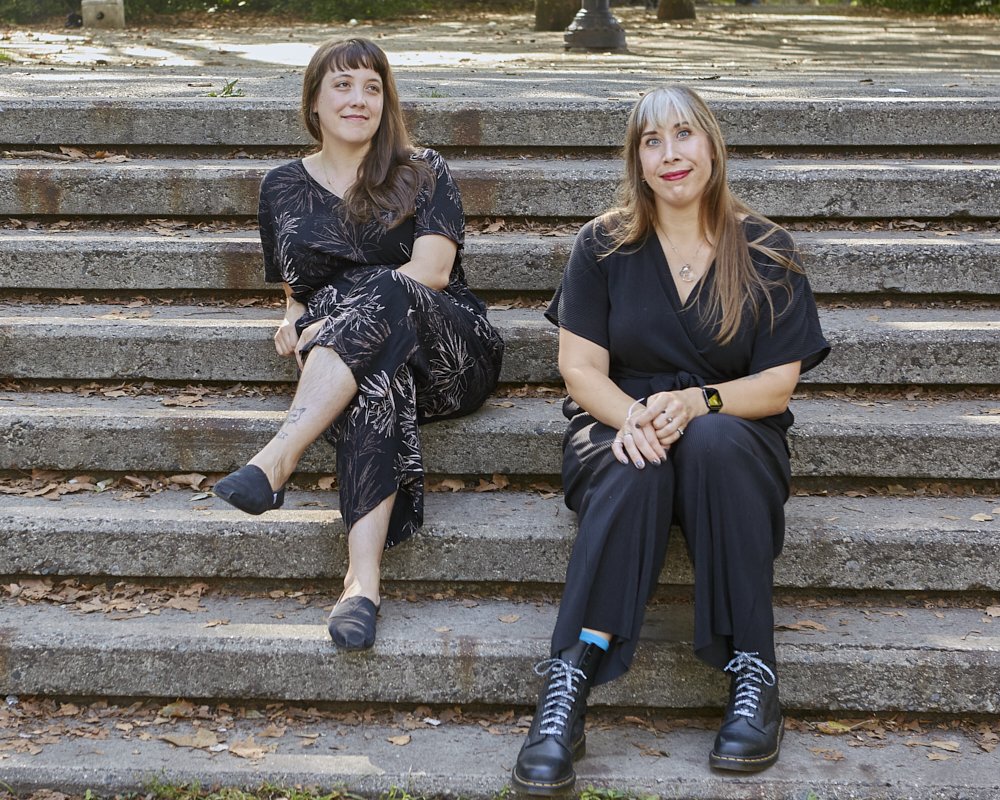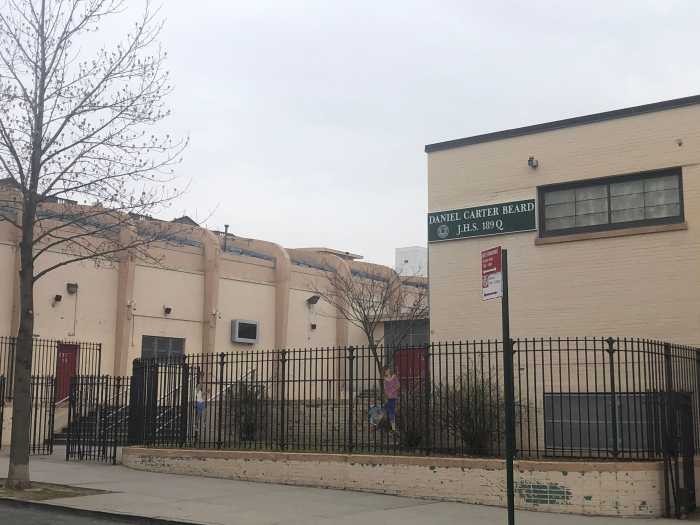As COVID-19 rates dramatically rose throughout New York City during and after the holiday season, two Ridgewood-based clinical therapists noticed the same trend with their client lists.
Lauren Urban has been a therapist for about 15 years, and recently opened Get Right Wellness in Ridgewood, which is a local business aimed at providing accessible and affordable mental health services for the community. Urban has been a private practice therapist for many years, but said this is the busiest she’s ever been.
“It sounds like a good thing, but as a therapist you don’t want to ever turn anyone away and I feel like I’ve had to turn a lot of people away and it’s a completely new problem,” Urban said.
Urban explained that the first few months of the pandemic, back in 2020, she lost clients. But then after about four months, she noticed people prioritizing mental health.
“I think people back then were just scared about finances and being able to pay their bills,” Urban said. “Then in May or June of 2020, the dust settled and folks realized the pandemic wasn’t going to be over in the three to six months everyone was predicting.”
Urban said the most recent spike in COVID-19 cases brought a new wave of people looking for therapy. In the last month or so, Urban said she, alone, has had three or four new people call looking for a therapist. Overall, Get Right Wellness has had about 20 inquiries since the omicron surge in December.
“It seems like every kind of phase of the pandemic brings a new group of outreach, a new phase of people trying to figure out how to deal with whatever is coming up for them,” Urban said.
Urban runs Get Right Wellness with Jessica LaHood, who is also a psychotherapist. The space houses multiple private-practice psychotherapists and hosts different wellness classes weekly.
LaHood also said that she has seen a sustained increase in the need for mental health services throughout the pandemic, including the most recent surge in cases.
“This newest surge is hitting people especially hard because it brings up this fear that the pandemic will be endless, and that we won’t be able to get back to the life that felt normal pre-pandemic,” LaHood said. “I’m also hearing about a lot of loss of hope and expectations for how life would change for the better once vaccines were readily accessible, which is such a significant loss for all of us.”
On top of a feeling of hopelessness, Urban said her clients are feeling the symptoms of burnout, which can be described as a condition experienced by workers and other professionals, in which they develop depression-like symptoms as a result of aspects of their role.
Urban said that these issues their clients face are all very understandable and natural as the pandemic demands us all to constantly adapt to changing circumstances. One way Urban and her colleagues help their clients is practicing mindfulness, as well as working hard to find small moments of joy to be thankful for.
“The circumstances are not changing, at least not quickly enough for anybody’s satisfaction, but just accessing the fact that you are safe can really help to calm your nervous system,” Urban said.
According to the city’s health department data, the number of cases has been steadily decreasing this past month, most recently reporting about 17,000 positive cases as of Jan. 14. Transmission rates peaked around Jan. 1, with over 40,000 cases reported citywide, largely due to the omicron variant.




































